What Happens to a Buxton Bottle? From Source to Sustainable Future
Ever wondered about the journey of your Buxton bottle after you’ve taken the last refreshing sip? Its life cycle is bigger than you might think. We keep sustainability in mind for every Buxton bottle - from its creation through to the chance of a second life. At Buxton, our commitment extends beyond just providing refreshing water and includes a strong focus on the circularity of our packaging.
The Birth of a Bottle: Production and Materials
Every Buxton bottle has a story before it even reaches your hands, from the materials we choose to the way we design and produce each bottle. Every step is guided by a need for safety and durability, as well as our commitment to environmental stewardship. This also aligns with our broader sustainability goals, including our efforts in water stewardship.
Responsible Sourcing
Like most plastic bottles, Buxton bottles are made using polyethylene terephthalate (PET) - a lightweight, durable plastic first developed in the 1940s. It’s safe, widely recycled, and chosen to protect the quality and purity of Buxton water, while keeping you hydrated. Our approach to packaging is detailed further in our recyclable packaging initiatives.
Incorporating Recycled Content
Did you know plastic can be a valuable circular resource? That’s why we’re using rPET (recycled PET) in our bottles. By using recycled plastic, we are giving bottles the chance of a second life. This is a key part of our circular economy strategy, aiming to reduce plastic waste and promote bottle-to-bottle recycling. You can read more about this in our article on how plastic recycling helps the environment.
The Bottling Process
Every drop of Buxton mineral water is bottled at its natural source in the Peak District, where it’s filtered through ancient limestone over thousands of years. Bottling at the source locks in that crisp, refreshing taste designed by nature.
And because quality matters, every single bottle goes through strict checks—so you can trust that it’s fresh, safe, and ready to enjoy. You can find more details about our water approach and quality standards on our website.
Your Role: Enjoying and Recycling Your Buxton Bottle
When you’re on the go, it’s important to make sure your hydration goes with you. Whether you’re at the gym, on your commute, or exploring the great outdoors, Buxton bottles are designed to keep you hydrated wherever your day takes you. And with our simple hydration tips for outdoor living, you can stay refreshed while also doing your part by recycling your bottle once it’s empty.
The Importance of Recycling
Your bottle's journey doesn't end when you're finished drinking. By recycling, you give it the chance at a second life – helping to save resources and reduce waste. This commitment to recycling is a cornerstone of our efforts to reduce plastic waste and promote a circular economy.
How to Recycle Your Buxton Bottle
Recycling your Buxton bottle takes seconds, but the impact lasts for years. Whether you’re out and about or recycling plastic bottles at home, the steps are just as simple:
- Finish your water – make sure the bottle is empty.
- Keep the cap on – caps are recyclable too.
- Pop it in the recycling bin – and let your bottle begin its next life. We also support initiatives like Deposit Return Schemes to increase recycling rates, reduce litter, and improve the quality of recycled plastic.
The Second Life: What Happens to Recycled Plastic Bottles?
Recycling isn’t the end of the journey, it’s the start of a new one! Once you place your Buxton bottle in the recycling bin, it enters the next stage of its transformation. From collection and sorting, to being remade into something new, each step helps keep plastic in use and out of the environment
Collection and Sorting
Once recycled, your bottle is collected and sorted at a facility ready for transformation.
Reprocessing into New Materials
Next, the bottles are washed, shredded into flakes, and melted down into small pellets. These pellets are then used as the raw material for making new products.
Closing the Loop: Bottle-to-Bottle Recycling
Those same pellets can be used to make another Buxton bottle, closing the loop. This is the circular economy in action: old bottles becoming new ones, again and again.
Buxton's Commitment to more sustainable packaging
We’re using 100% recycled PET (rPET) bottles (excluding caps and labels), reducing our carbon footprint, and supporting improvements to the UK’s recycling systems. Our comprehensive Buxton sustainability actions page provides more details on these and other initiatives.
But, we can’t do it alone! Every time you recycle a Buxton bottle, you’re helping to keep plastic in the recycling loop and out of nature.
From source to recycling, your Buxton bottle is built for more than just one life. By recycling, you help it continue its journey. So, next time you finish your water, remember: your Buxton bottle isn’t at the end of its life. It’s just getting ready for the next chapter.
FAQs
Are Buxton bottles recyclable?
Yes! All Buxton bottles are recyclable.
What is rPET?
rPET stands for recycled polyethylene terephthalate and is a type of plastic made from other bottles and packaging.
Is bottled water bad for the environment?
Like all products, bottled water has an environmental footprint. But Buxton is committed to reducing ours through lightweight bottles, using recycled content, and encouraging everyone to recycle.
You can find more answers to common questions about our environmental efforts in our FAQs.
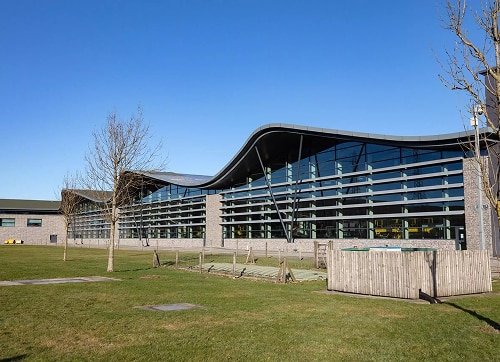
Championing Water Responsibility: Buxton Bottling Site Under AWS Review
The Nestlé Waters & Premium Beverages bottling site in Buxton will be audited under the Alliance for Water Stewardship standard.
Take a look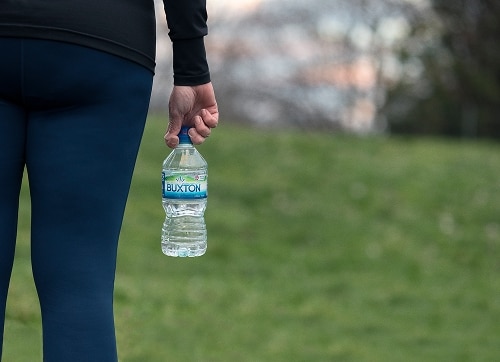
What Happens to a Buxton Bottle?
At Buxton, our commitment extends beyond just providing refreshing water and includes a strong focus on the circularity of our packaging.
Take a look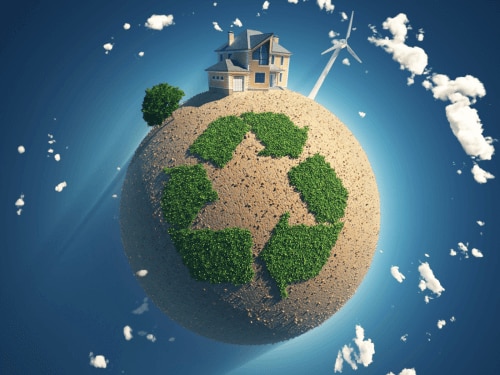
Recycling Plastic Bottles at Home: Easy Tips
Learn about recycling plastic bottles at home with simple tips. Discover why recycling is important and how your everyday habits can help protect the planet.
Take a look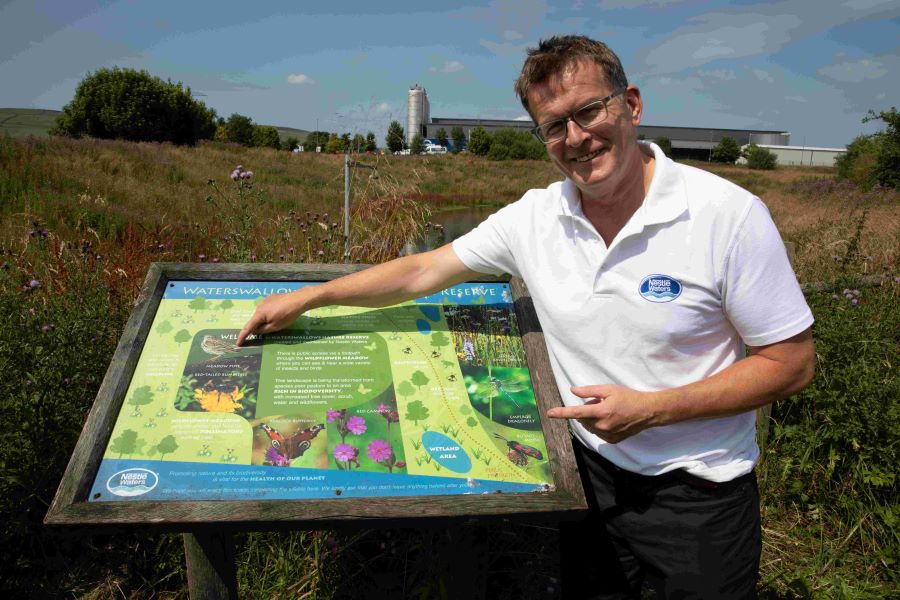
Our Water Hero: Craig Airey
Craig Airey, Project Civil Engineer at Nestlé Buxton, transforms Waterswallows Nature Reserve into a vibrant habitat, planting 200+ trees and wildflower meadows.
Take a look
Buxton water site maintains platinum status for its caring for water approach
Buxton water site maintains Platinum status for responsible water management and community engagement. Partnerships with Derbyshire Wildlife Trust and restoration projects demonstrate commitment to sustainability.
Take a look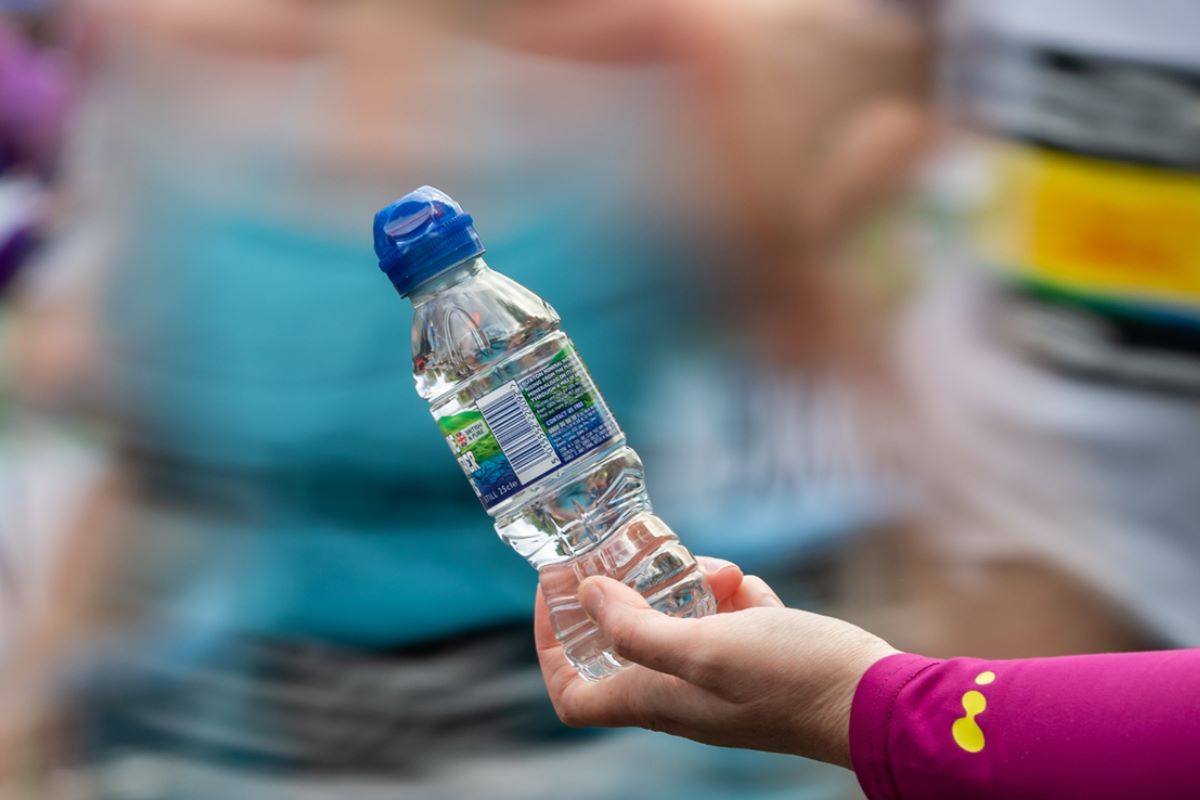
How Does Plastic Recycling Help the Environment
We all know that plastic recycling is important, but how does it help the environment? And how do we recycle at home? Find out today.
Take a look
Buxton Awarded Certification from The Alliance of Water Stewardship
Buxton® are pleased to announce that we have been awarded a top score for the Alliance of Water Stewardship. Read about how we proudly achieved this.
Take a look
BUXTON® and Biffa Partner to Reduce Plastic Bottle Waste
Find out more and discover how you can join us to help reduce the number of plastic bottles going to waste.
Take a look